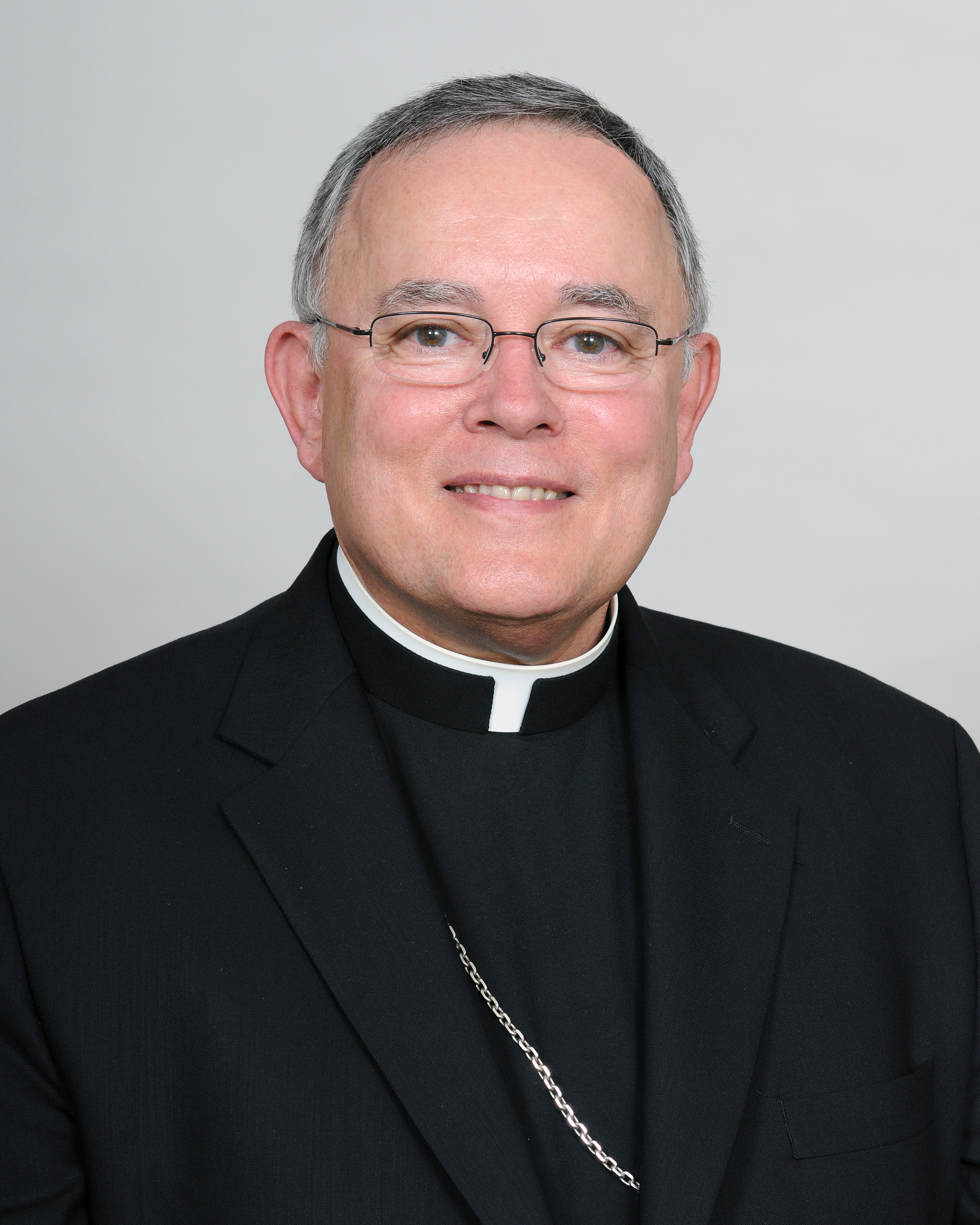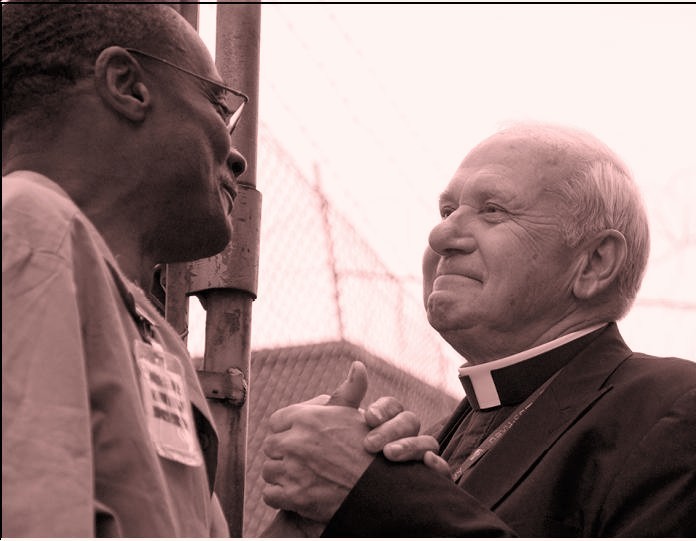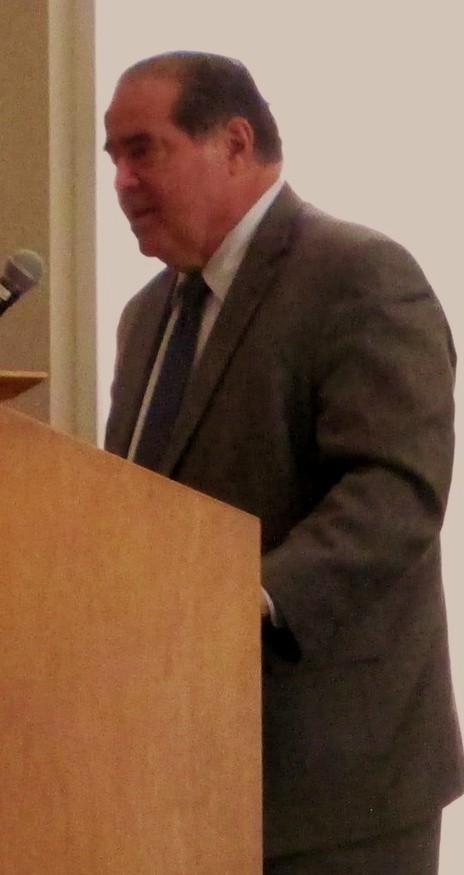St. Anselm Institute - Past Public Lectures
"Enlightenment Saints in the Age of Reason"
Ulrich Lehner
Marquette University
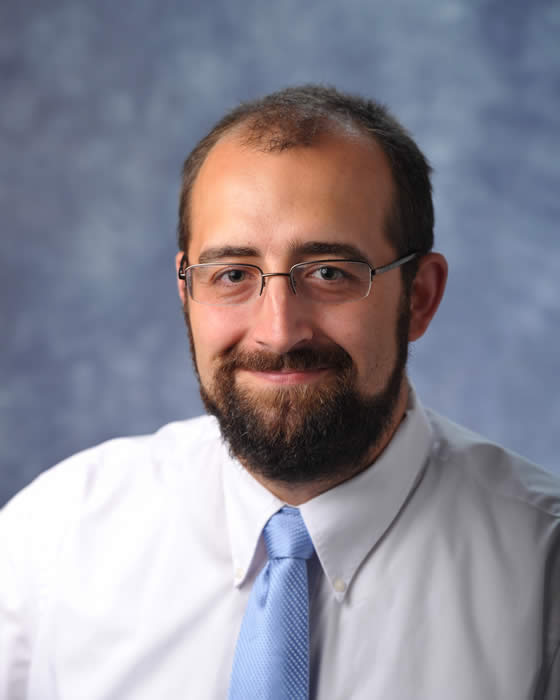
"On the Road to Emmaus: Catholicism, Art, and the Incarnational Imagination"
Anthony J. Godzieba, Villanova University
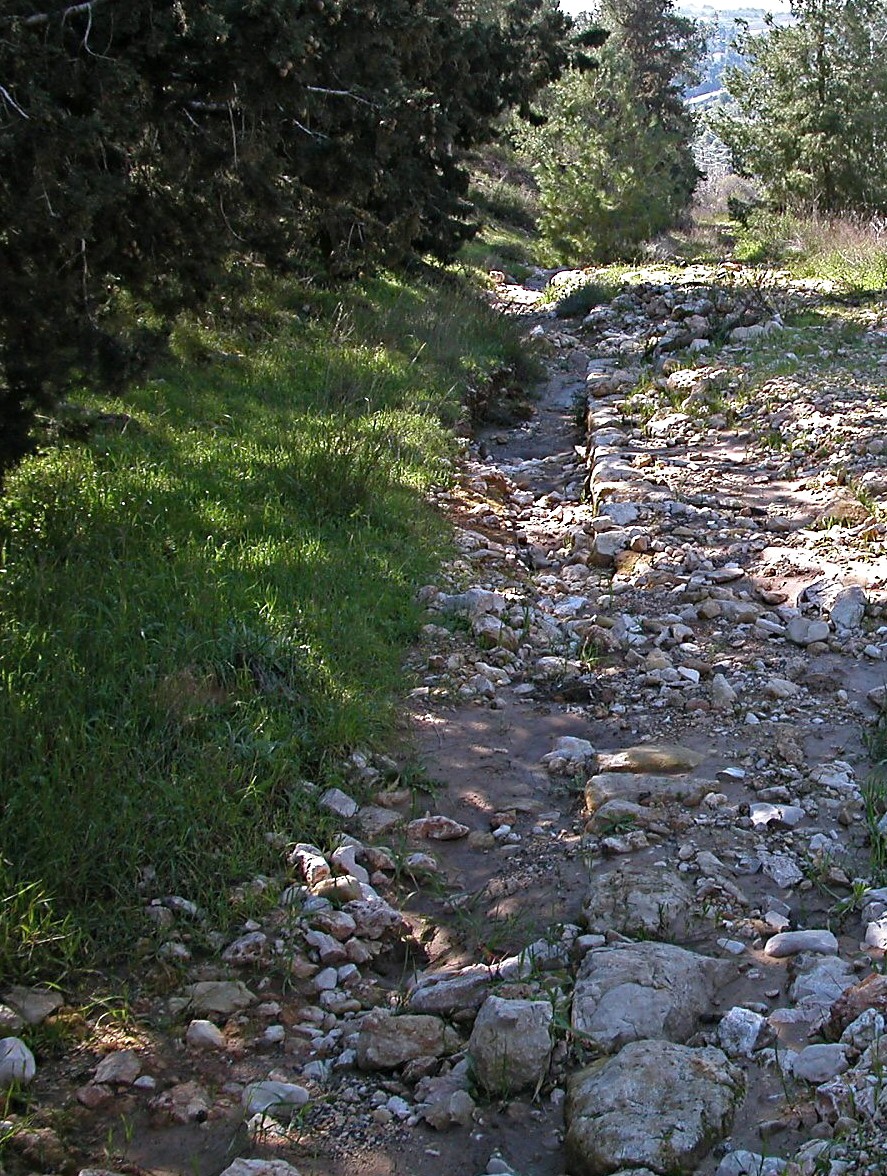
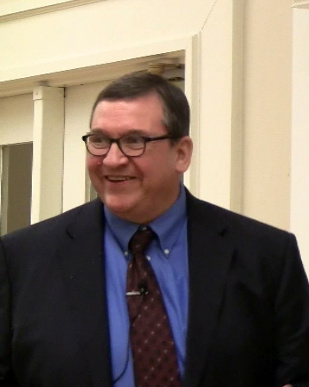 Villanova University Theology Professor Anthony Godzieba will use several paintings of Christ's post-Resurrection appearance on the road to Emmaus to guide us in an exploration of the necessary connections between the Catholic incarnational and sacramental imagination and the visual arts.
Villanova University Theology Professor Anthony Godzieba will use several paintings of Christ's post-Resurrection appearance on the road to Emmaus to guide us in an exploration of the necessary connections between the Catholic incarnational and sacramental imagination and the visual arts.David Lantigua
Catholic University of America
Bishop Bartolomé de las Casas, O.P. (1484-1566), the Church of the Poor, and the Origins of Human Rights
Friday, 5:00pm - Minor Hall - UVA
View this lecture here.
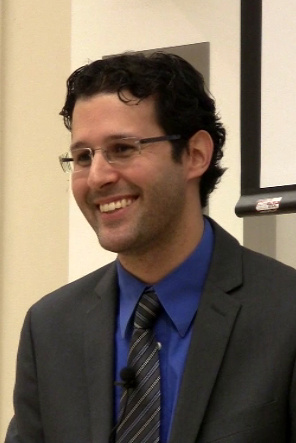 Since the United Nations adopted the 1948 Universal Declaration of Human Rights, recognition of the inherent "dignity and worth of the human person" has been accepted, especially in the West, as a necessary condition for "the advent of a world in which human beings shall enjoy freedom of speech and belief and freedom from fear." The deeply Catholic origins of a world renewed by universal respect remain obscured or forgotten, and their subsequent articulations too easily overlooked or misunderstood. One of the richest resources for beginning a recovery of this current and for deepening our understanding of early efforts to evangelize the New World is the life, writings and legacy of Chiapas Bishop Bartolomé de las Casas, O.P.(1484 –1566), a former slave-owning entrepreneur turned Dominican friar advocate and official "Protector of the Indians." All are invited and welcomed to attend this timely public lecture by Catholic University of America assistant professor of moral theology David Lantigua, co-editor and co-translator of The Essential Bartolomé de las Casas: A Brief History with Documents (Bedford/St. Martin’s, 2015).
Since the United Nations adopted the 1948 Universal Declaration of Human Rights, recognition of the inherent "dignity and worth of the human person" has been accepted, especially in the West, as a necessary condition for "the advent of a world in which human beings shall enjoy freedom of speech and belief and freedom from fear." The deeply Catholic origins of a world renewed by universal respect remain obscured or forgotten, and their subsequent articulations too easily overlooked or misunderstood. One of the richest resources for beginning a recovery of this current and for deepening our understanding of early efforts to evangelize the New World is the life, writings and legacy of Chiapas Bishop Bartolomé de las Casas, O.P.(1484 –1566), a former slave-owning entrepreneur turned Dominican friar advocate and official "Protector of the Indians." All are invited and welcomed to attend this timely public lecture by Catholic University of America assistant professor of moral theology David Lantigua, co-editor and co-translator of The Essential Bartolomé de las Casas: A Brief History with Documents (Bedford/St. Martin’s, 2015).
Carlos Eire
"Discerning the Gulf between the Protestant and Catholic Reformations: The Case of Sor Maria de Agreda"
Carlos Eire
"The Very Strange Case of Sor Maria de Agreda: Discerning the Gulf between the Protestant and Catholic Reformations"
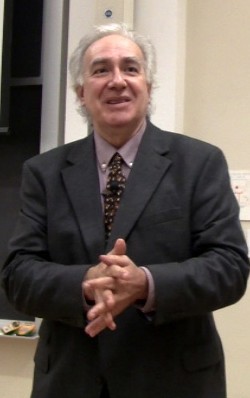
Veronica Mary Rolf
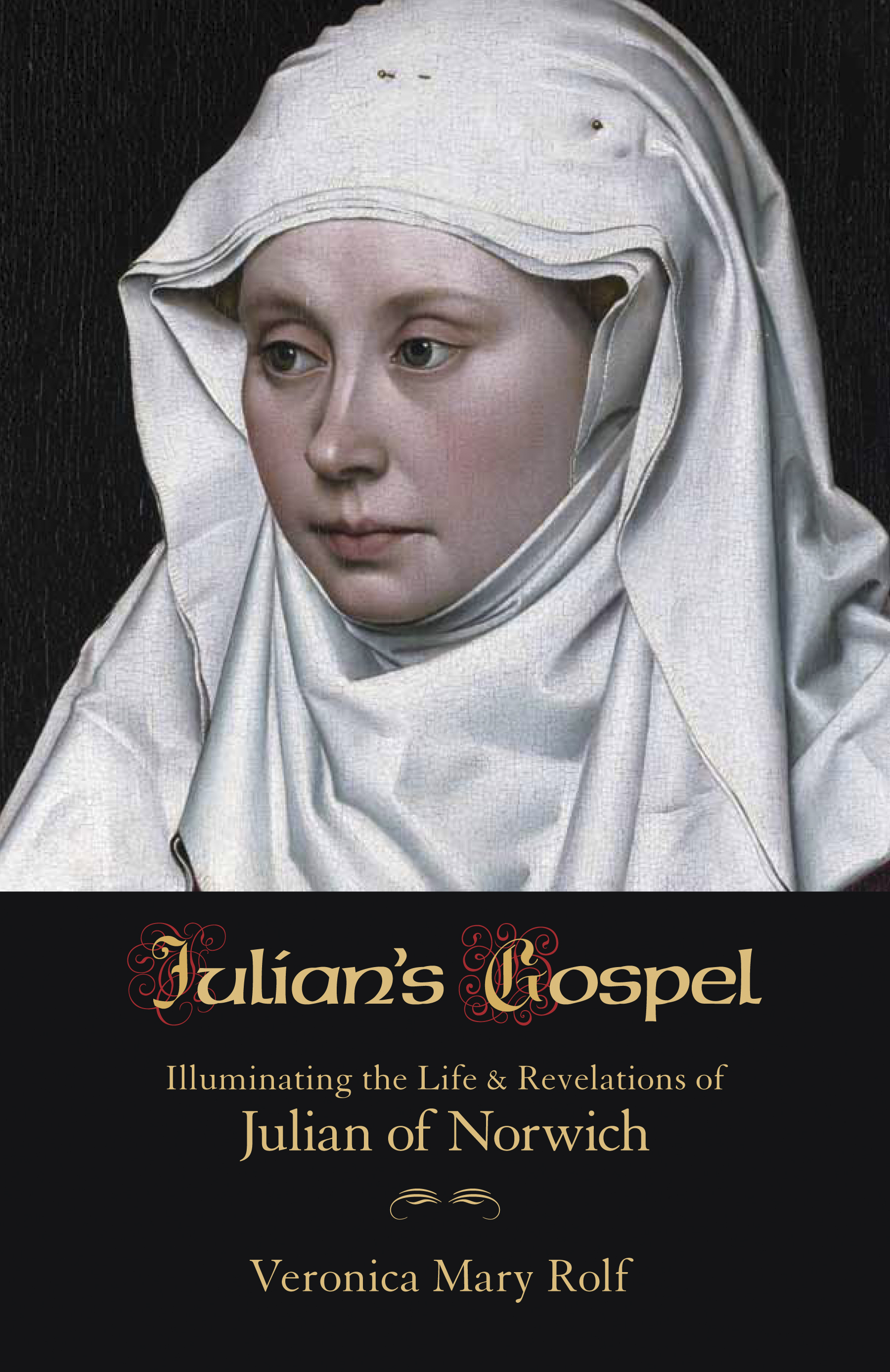
"Julian's Gospel: Illuminating the Life & Revelations of Julian of Norwich"
Wednesday, March 19, 2014 (12:00pm) Harrison Institute, University of Virginia
Charles J. Chaput, O.F.M. Cap.
Archbishop of Philadelphia
"City Upon a Hill: Augustine, John Winthrop and the soul of the American Experiment Today "
William Cavanaugh
Senior Research Professor, Center for World Catholicism and Intercultural Theology
"Economics and Christian Desire:
Milton Friedman, St. Augustine, and the Local Development of a Global Moral Economy"
UVA - Minor Hall Auditorium - 5:15pm
Miss the lecture? See the video here.
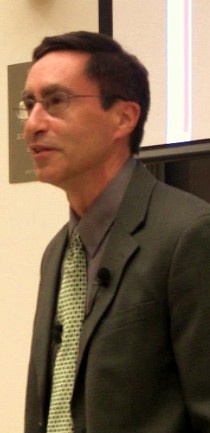 Do the personal and communal beliefs and commitments of Christians really end at the instrumental edges of our economic desires, decisions, and institutions? A deep current of Scripture and Catholic thought and practice--from St. Paul through Augustine, Aquinas, and their successors--points with conviction and clarity beyond market-based indifference and the vagaries of "globalization" towards a more authentic, Eucharist-inspired understanding of consumption and economic relationships. Prof. William Cavanaugh is widely recognized and respected as the author of five books and scores of scholarly articles that seek to bridge the gaps between common contemporary presumptions and practices and the fuller, perhaps presently obscured, richness of faith-inspired ways of thinking and acting within the Christian tradition. If you haven't yet been exposed to or challenged by any of his writings, please know that all are welcome to the opportunity to see and hear him in person.
Do the personal and communal beliefs and commitments of Christians really end at the instrumental edges of our economic desires, decisions, and institutions? A deep current of Scripture and Catholic thought and practice--from St. Paul through Augustine, Aquinas, and their successors--points with conviction and clarity beyond market-based indifference and the vagaries of "globalization" towards a more authentic, Eucharist-inspired understanding of consumption and economic relationships. Prof. William Cavanaugh is widely recognized and respected as the author of five books and scores of scholarly articles that seek to bridge the gaps between common contemporary presumptions and practices and the fuller, perhaps presently obscured, richness of faith-inspired ways of thinking and acting within the Christian tradition. If you haven't yet been exposed to or challenged by any of his writings, please know that all are welcome to the opportunity to see and hear him in person. 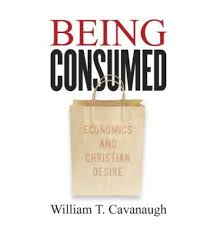



.jpg)
Fr. David Link
"Mercy, Justice, and the Imprisoned:
Serving the Least, the Last, the Lost, and the Lonely"
Minor Hall Auditorium / UVA
Video recording now available
For most, volunteer opportunities abound for performing each of these charitable works of mercy, save one: visiting the imprisoned. Whereas both justice and prudence require some formal separation of those legally convicted of crimes, especially violent injustices against others, the Catholic tradition has consistently taught that however corrupt and broken the sacred vessel these individuals remain our neighbors with their own acute set of spiritual and bodily needs. For as St. Augustine wisely counseled:


